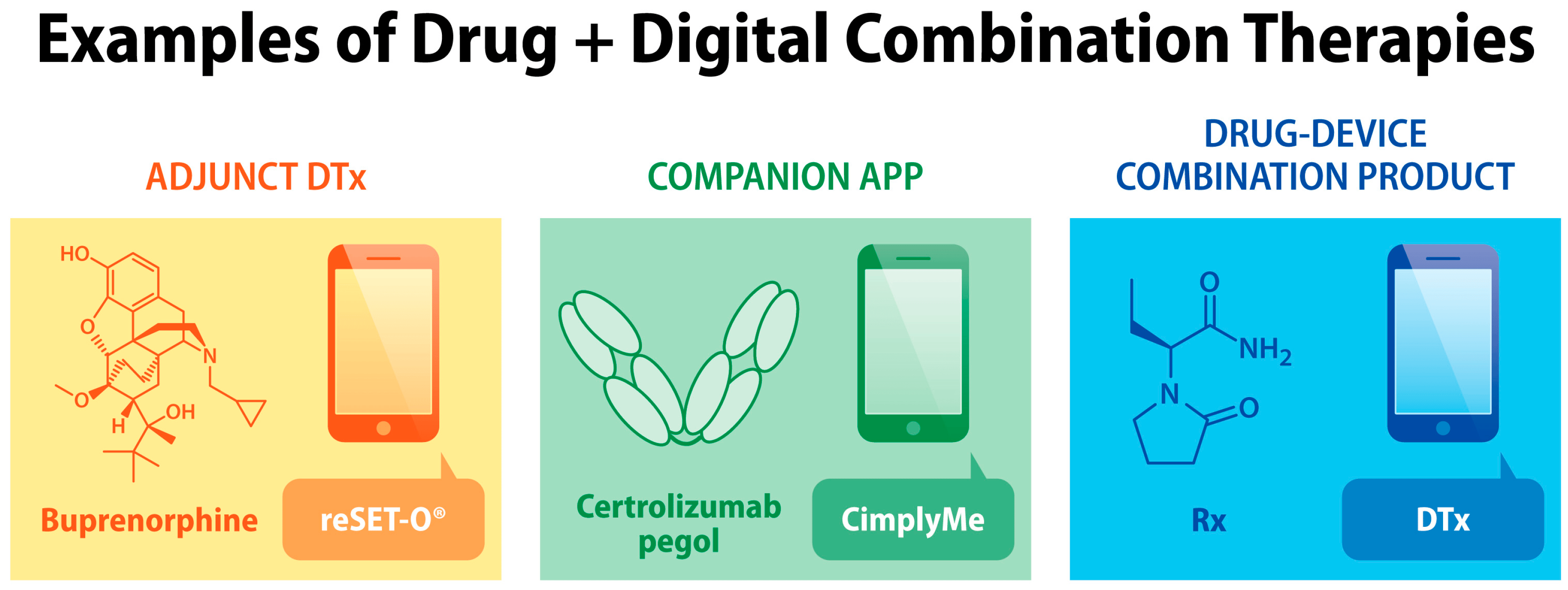Clinical Trials A Beacon of Hope for Chronic Diseases
Clinical trials are the backbone of medical research, providing a rigorous framework to evaluate the safety and efficacy of new treatments for chronic diseases. These trials involve testing experimental drugs, medical devices, or therapies on human volunteers to assess their potential benefits and risks.
The Role of Clinical Trials in Chronic Disease Management
Chronic diseases, such as cancer, heart disease, diabetes, and Alzheimer’s disease, pose significant challenges to global health. Clinical trials play a crucial role in addressing these challenges by:
- Identifying Effective Treatments: Clinical trials help identify new treatments that can improve the quality of life and extend the lifespan of patients with chronic diseases.
- Evaluating Safety: These trials rigorously assess the safety of new therapies, minimizing the risk of adverse side effects.
- Advancing Medical Knowledge: By conducting well-designed clinical trials, researchers can gain valuable insights into the underlying mechanisms of chronic diseases, leading to the development of more targeted and effective treatments.
Phases of Clinical Trials
Clinical trials are typically divided into four phases:
- Phase I: Small-scale trials involving a limited number of healthy volunteers to assess safety and identify potential side effects.
- Phase II: Larger trials involving a larger number of patients to evaluate the efficacy and safety of the treatment.
- Phase III: Large-scale, randomized controlled trials involving a significant number of patients to compare the new treatment with existing standard therapies.
- Phase IV: Post-market surveillance studies to monitor the long-term safety and effectiveness of the treatment.
The Importance of Patient Participation
Patient participation is essential to the success of clinical trials. By volunteering to participate, patients contribute to the advancement of medical science and may benefit from access to innovative treatments. It is crucial for patients to be well-informed about the risks and benefits of participating in a clinical trial and to make informed decisions.
Ethical Considerations in Clinical Trials
Ethical considerations are paramount in conducting clinical trials. Researchers must adhere to strict ethical guidelines to protect the rights and well-being of participants. These guidelines include:
- Informed Consent: Participants must be fully informed about the risks and benefits of the trial and provide their voluntary consent.
- Privacy and Confidentiality: Patient information must be kept confidential.
- Monitoring and Safety: Participants must be closely monitored for any adverse effects, and the trial may be stopped if safety concerns arise.
By understanding the role of clinical trials and the importance of patient participation, we can collectively work towards a future where chronic diseases are better managed and ultimately cured.
Would you like to know more about a specific aspect of clinical trials, such as patient recruitment or data analysis?

